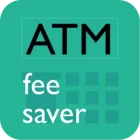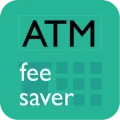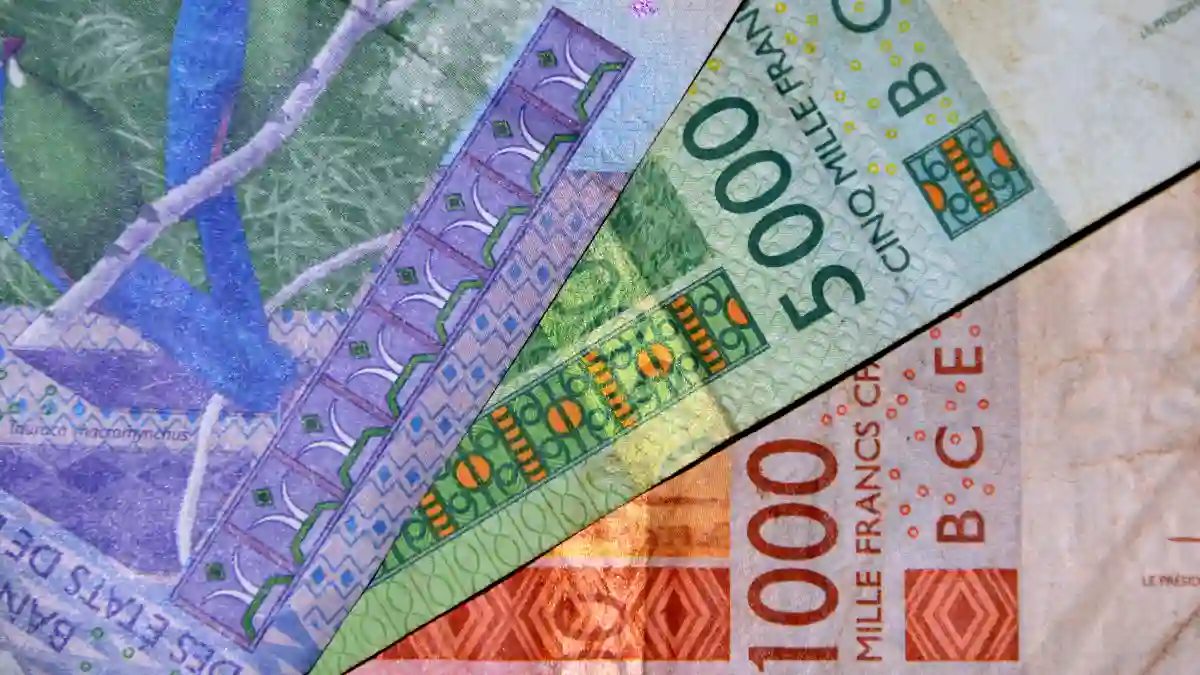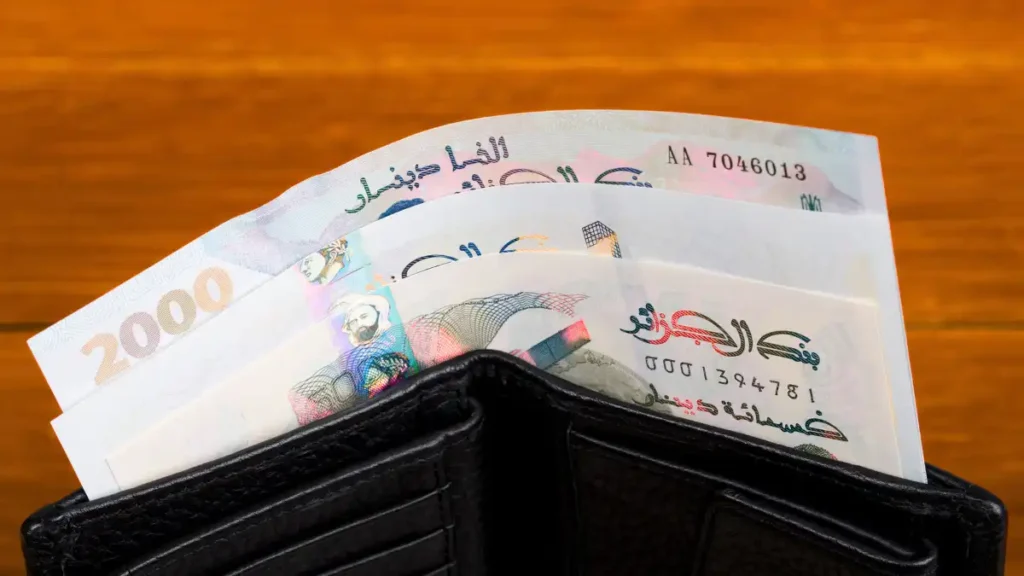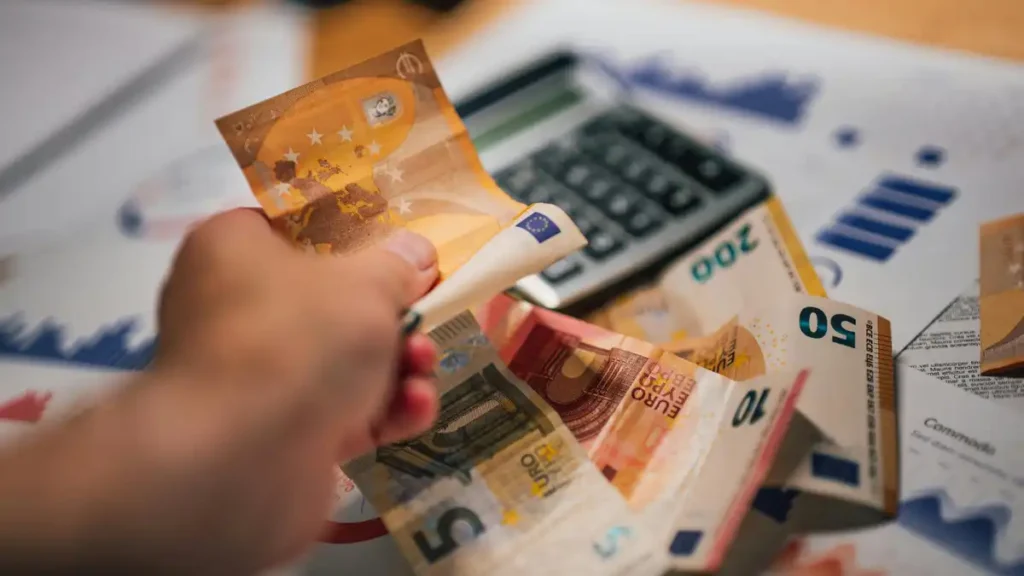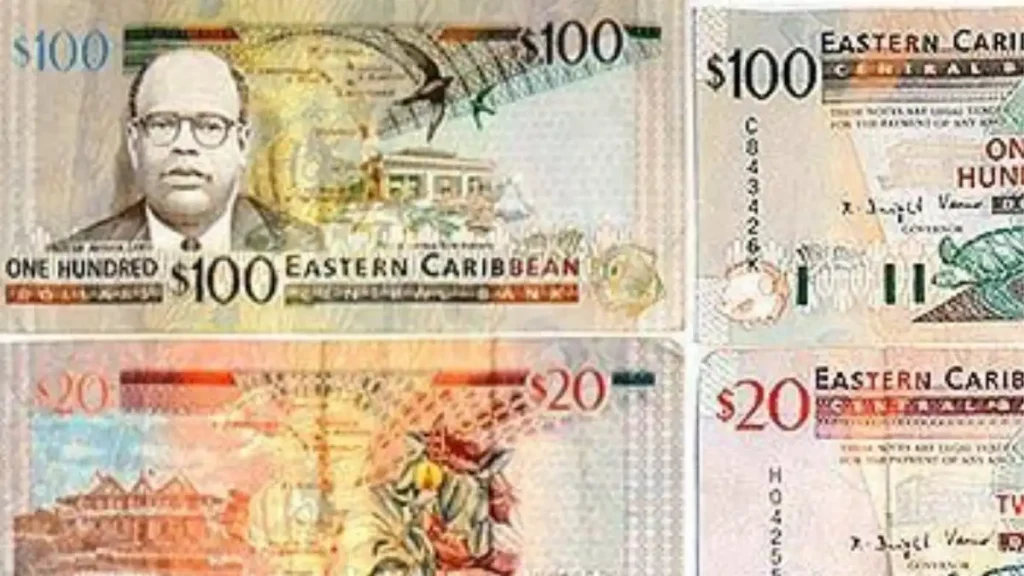Senegal’s vibrant music, historic sites, and Atlantic coastline make it a standout West African destination – but managing money in Senegal and knowing how currency works is key to a smooth journey. Whether you’re bargaining in Dakar’s markets, visiting Goree Island, or enjoying a beach resort in Saly, understanding how to pay is essential. This guide explains what currency to bring, the best ways to get money and currency in Senegal (West African CFA Franc – XOF), cash and card safety tips, and key dos and don’ts. With these insights, you’ll avoid hidden fees and explore Senegal with ease.
How to pay in Senegal – cash or card?
In Senegal, cash continues to be the most accepted form of payment, especially out in the towns and markets. You can use cards in big cities – hotels, supermarkets, but you will need cash for everything else. Digital mobile payments like Wave and Sendwave are also becoming popular among locals and travelers. The West African CFA franc (XOF) is the official currency.
You can use cash for:
- Public Transportation: Buses, shared taxis, and “car rapides” are cash-only.
- Street Vendors and Markets: All traditional markets and food stalls work on cash.
- Small Businesses: Local shops, cafés, and service providers prefer cash.
- Hostels and Guesthouses: Many budget accommodations require cash payment.
- Tips and Gratuities: Cash tips are common for guides, drivers, and service staff.
- Rural Areas: Card facilities are very limited outside big cities.
You can use card for:
- Hotels: Most mid- and high-end hotels in Dakar and resort areas accept cards.
- Restaurants: Some urban restaurants and cafés take cards, but confirm beforehand.
- Retail Stores: Larger supermarkets and malls in cities accept cards.
- Car Rentals and Tours: Established agencies in cities may accept cards.
- Online Bookings: Flights, hotels, and some tours can be paid for online.
What’s the best currency to take to Senegal?
The West African CFA Franc (XOF) is the official and only accepted currency in Senegal. It’s the best currency to use locally, as all payments are made in XOF.
Euros (EUR) are widely exchangeable and the easiest foreign currency to bring – many banks and bureaus accept them at decent rates. USD and other currencies are less commonly accepted for exchange and may fetch worse rates.
Where to get currency in Senegal?
There are 3 main ways to get cash in Senegal. They are:
- ATMs, or
- Currency exchange, or
- Money transfer & local pick-up
Types of cards to swipe in Senegal
Establishments with POS machines readily accept Visa and Mastercards for swiping. You might also find some places that accept Amex and other cards, albeit less frequently.
Types of cards at ATMs in Senegal
If you’re withdrawing money in Senegal from an ATM, ATMs commonly accept Visa and Mastercards. Some of them also accept Plus and Cirrus cards. Only some accept CUP, JCB, Maestro cards. Others like American Express, Diners, Discover and Rupay cards are generally not accepted.
Should I exchange money before travelling to Senegal?
It’s helpful to bring a small amount of West African CFA Francs (XOF) if possible, but it’s more practical to arrive with Euros (EUR) or USD, which are widely accepted for exchange in Senegal.
ATMs are readily available in Dakar, Saint-Louis, and other major towns, and most accept Visa and Mastercard. International withdrawal fees apply, and rural areas may lack ATM access.
Exchange money at banks or licensed bureaux de change – avoid airport exchange counters unless necessary, as they tend to offer less competitive rates.
Where to withdraw money in Senegal
You can withdraw money in Senegal at leading bank ATMs in the country. The best ATMs for foreigners to use in Senegal are those owned by popular banks such as:
- Ecobank,
- UBA, and
- BICIS.
There are other banks with ATMs that also accept international debit and credit cards.
There are no known Global ATM Alliance member banks or All Points network banks in Senegal.
For a detailed guide, read Cash and ATMs in Senegal.
Where to exchange currency in Senegal
Common places to exchange currency in Senegal are licenced exchange bureaus or banks.
Currency exchange centres: Known locally as Bureaux de Change, these are common in Dakar, especially around Sandaga Market, Avenue Lamine Guèye, and near the Port Autonome. Some operate extended hours and offer better rates than banks.
Banks: Institutions like Ecobank, Société Générale, and Banque Atlantique provide currency exchange services, typically Monday to Friday, 8:00 AM-4:00 PM.
Pro Tip: You can also bring Euros – they are accepted in some places, including taxis and hotels, and are the easiest to exchange into XOF.
You can find good currency exchanges in Senegal using the ATM Fee Saver app – it will guide you to the nearest currency exchange on the map. The app helps you with forex places in 160+ countries, including Senegal. Download now from the App Store or Play Store.
Avoid Airport Exchanges and no-fee exchange offices: They have the highest fees and poorest exchange rates. Wait to get to the city to exchange cash.
Is carrying cash in Senegal safe?
Carrying cash in Senegal is common and generally safe, but petty theft can occur, particularly in markets and busy transport hubs. Cash is widely used, so travelers should come prepared but remain alert – especially in urban areas like Dakar.
To carry cash safely in Senegal:
- Carry only what you need for the day and split it between your wallet and a secure pouch.
- Avoid displaying large amounts of money in public or when paying street vendors.
- Use crossbody bags with zippers or front pockets to secure wallets.
- Use ATMs inside banks, hotels, or shopping centers – not street-facing machines.
- Be extra vigilant in busy areas like Sandaga Market or ferry terminals.
- Carry small denominations, as change can be difficult to get from local vendors.
Is it better to use debit or credit cards or pay by cash in Senegal
Use a card if it is fee-free i.e. your bank does not charge any fees to swipe the card, when the merchant / POS also does not impose any extra charge to use a card, you need to use the insurance of the card, don’t want to block cash of large purchases and card’s swipe fees are lower than withdrawal fees.
Pay by cash by withdrawing cash from ATM or exchanging currency where – fees on ATM withdrawals are lesser than fees on swiping cards, you don’t want to leave any digital footprint of your expenses, it is convenient and easier to conduct transactions.
